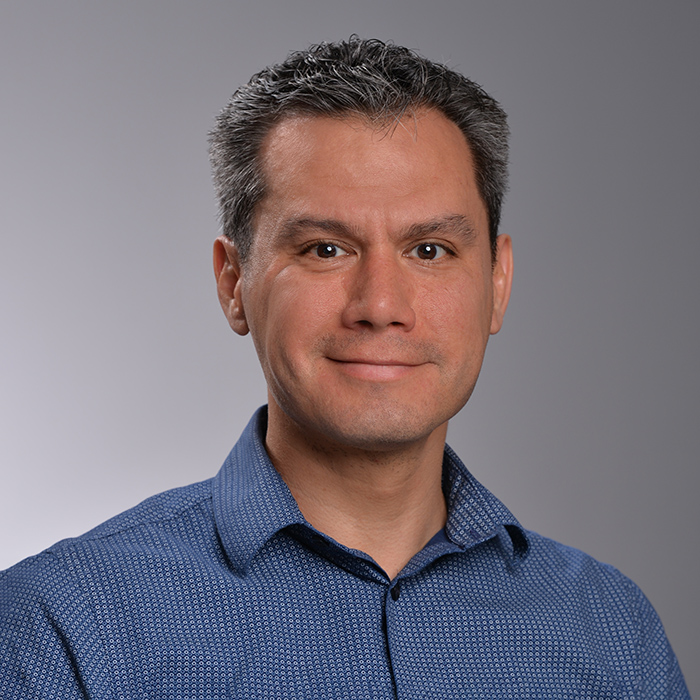Education
PhD, Philosophy, University of California, San Diego, 2012
BA, Philosophy, University of Illinois, Chicago, 2005
Assistant Chair and Professor

PhD, Philosophy, University of California, San Diego, 2012
BA, Philosophy, University of Illinois, Chicago, 2005
Kant
Early Modern Philosophy
Philosophy of Mind
Tim Jankowiak's research focuses primarily on Kant's metaphysics, epistemology, and theory of mind. His recent work has contributed to debates about Kant's views on sensation's contribution to cognition, the object-directedness of mental states, and his relation to his empiricist and rationalist predecessors. Professor Jankowiak also has strong interests in contemporary debates about the mind, and the various periods in the history of philosophy.
Professor Jankowiak regularly teaches upper division courses in the history of philosophy (Phil 328 and Phil 427) and the philosophy of mind (Phil 315). He has also recently been teaching for the TSEM program (a new course on philosophical theories of the self), the Honors College (including a seminar on the history of panpsychism), and the Global Humanities M.A. program.
Since 2023, Professor Jankowiak has also been serving as Assistant Chair of the Department of Philosophy and Religious Studies.
In his non-academic life, Professor Jankowiak is an accomplished oil painter, specializing in realist and hyperrealist art.